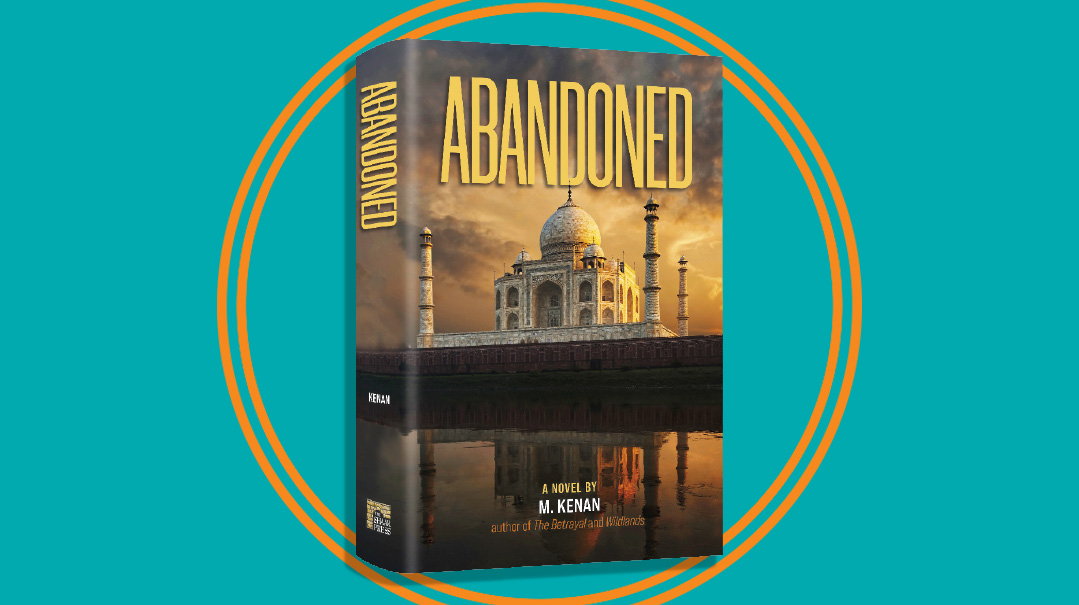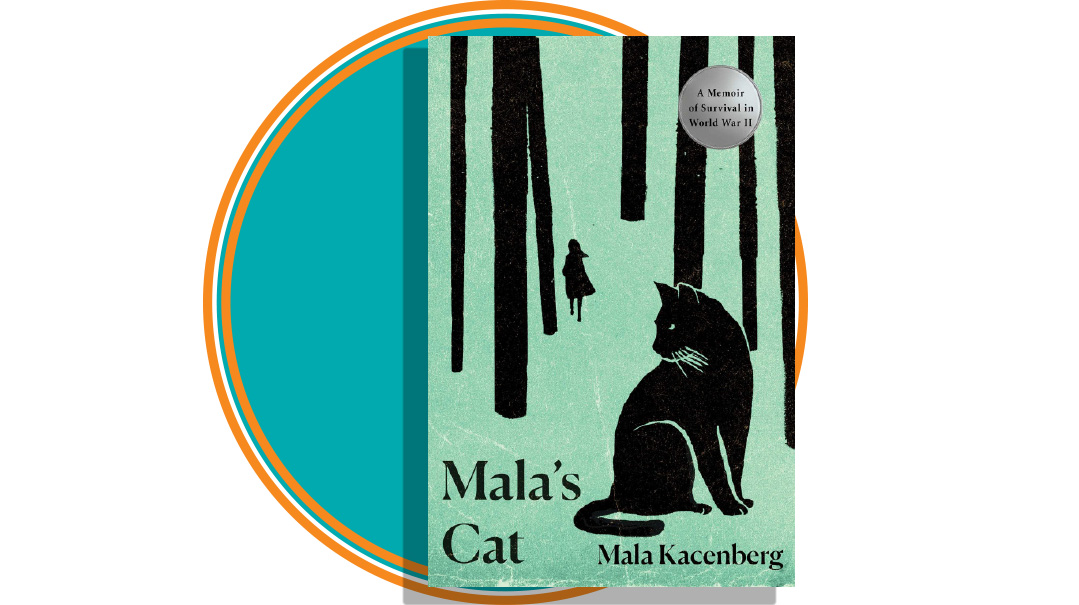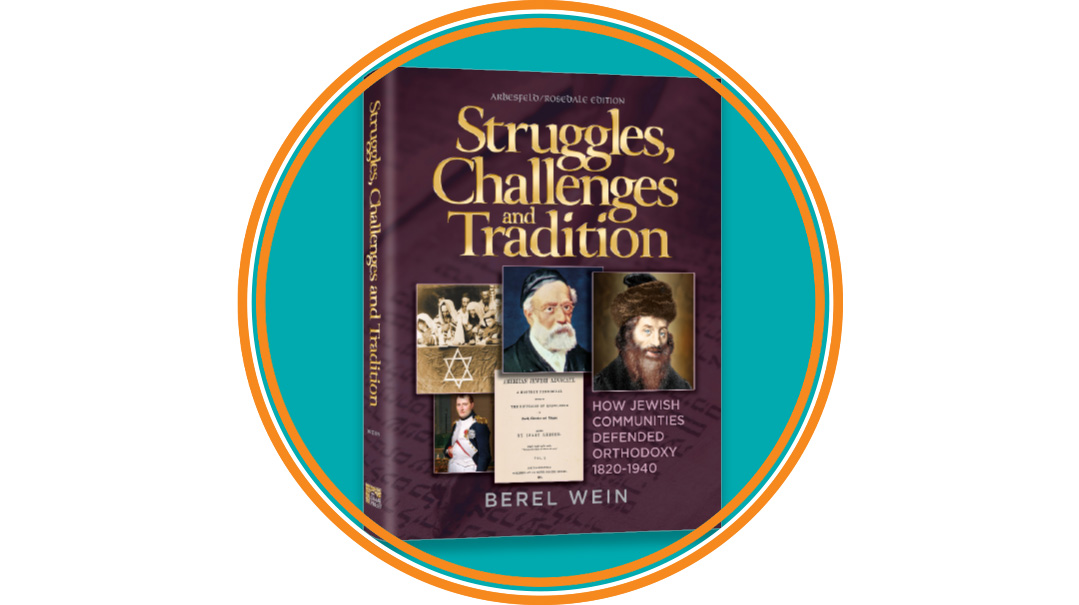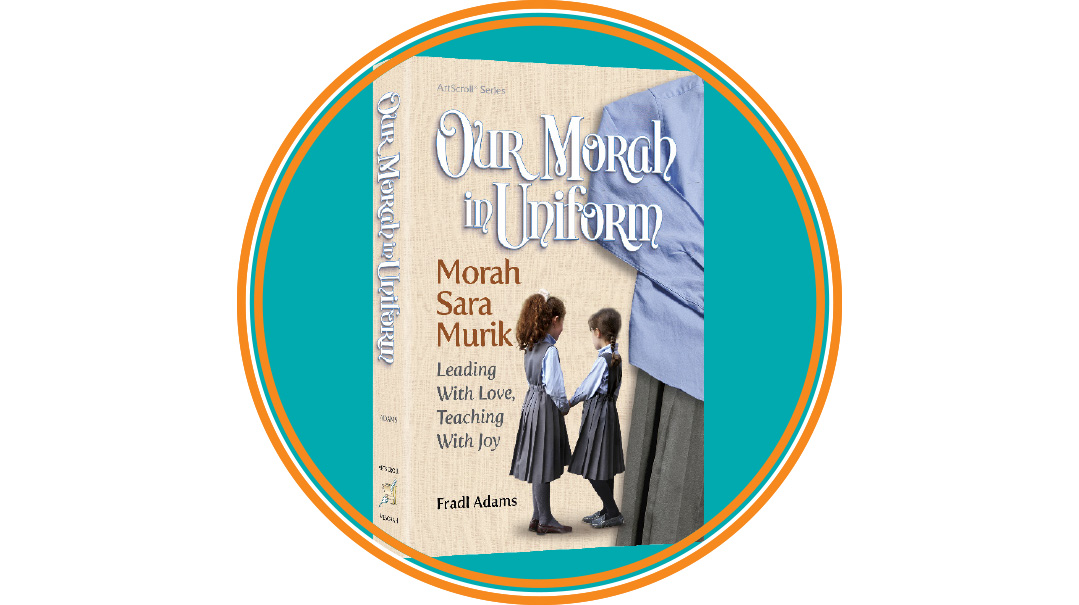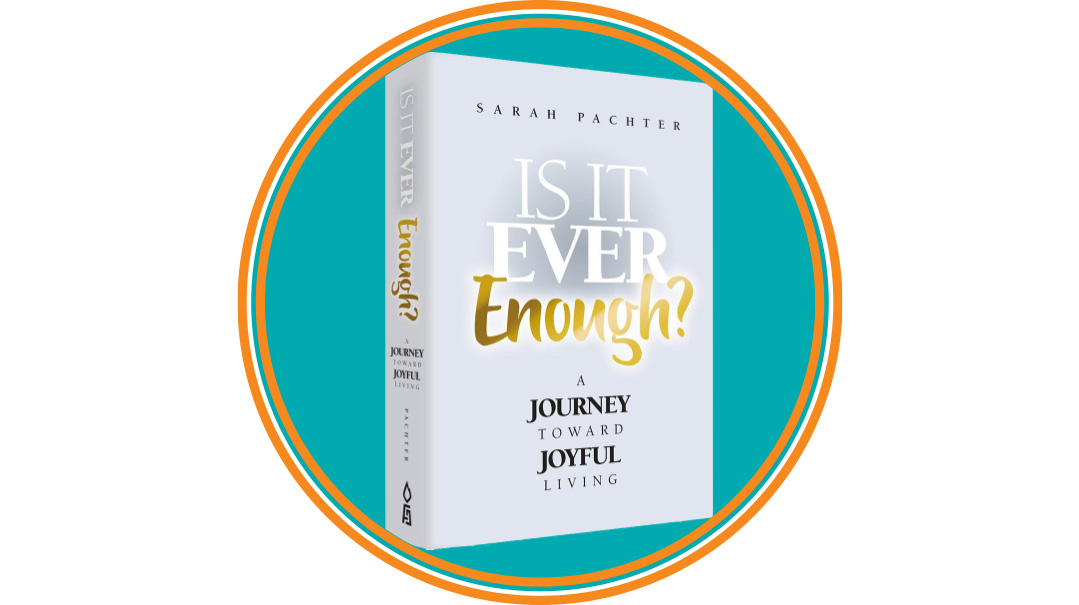A Tiny Taste of Heaven
| January 13, 2021“Don’t worry if a project that you’ve set your heart on doesn’t work out, because HaKadosh Baruch Hu will send you your projects”
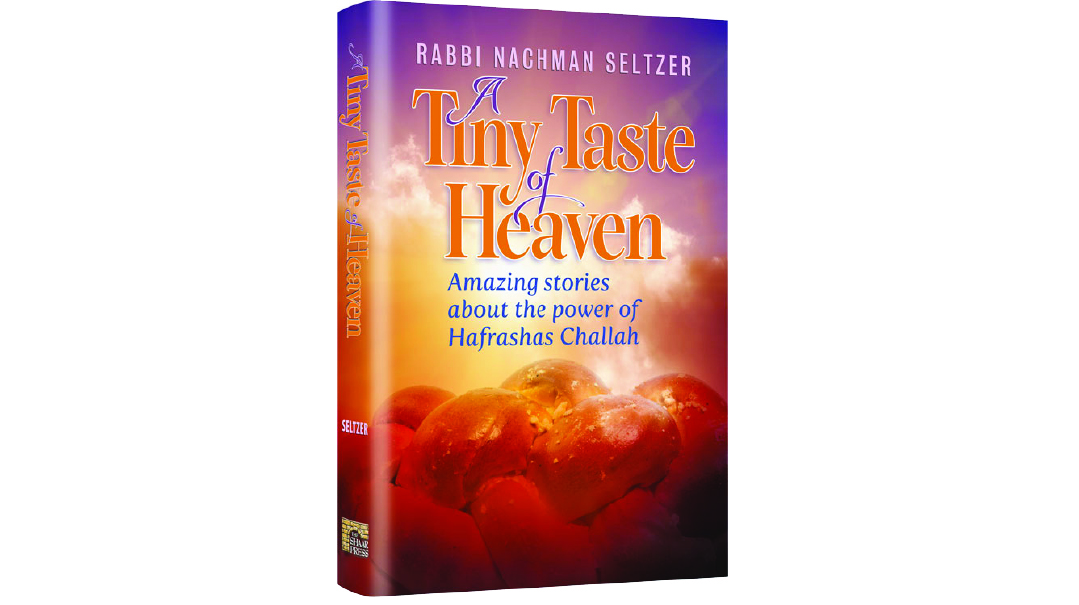
Book: A Tiny Taste of Heaven
Author: Rabbi Nachman Seltzer
Publisher: Mesorah Publications
The birth of this book
Around five years ago, I had the idea of writing a book about the great women of Klal Yisrael in today’s generation. My friend, Rabbi Yehuda Freilich, who’d spent time doing kiruv with Israelis in Chicago, mentioned Rabbanit Nava Ben Moshe, who’d reached out to thousands of women through the mitzvah of challah. He thought her work was worthy of a book on its own. It took time, but this is the book about Rabbanit Ben Moshe and her stories.
The hardest part to write
My style of writing involves extensive interviewing of my subject. I record all our conversations and then replay them as I write. Usually, one of the hardest decisions is whether to present the narrative in first person or third person. In this case, Rabbanit Ben Moshe is so humble and tzanuah that there was no question. She wanted herself kept out of the book, even as she wanted to share the stories about the power of the mitzvah. I don’t think I ever had such a challenge — to write a book about someone without making it “about them.”
Significance of the title
Shabbos, of course, is me’ein Olam Haba, a taste of the Next World, so that first delicious bite of challah is the first taste of heaven.
My writing space
The office off my kitchen, at home. I sit at the desk, and my wife and children come in sometimes to say hello. After davening and breakfast, before my chavrusa, I get in an hour or more of writing. That morning session is always accompanied by a large cappuccino, which I drink at my desk, as part of the creative process. I even have a caricature next to the computer of myself with the coffee cup.
An early experience that taught me the power of writing
After the release of my first book, I started writing for Hamodia magazine. I met the editor, Mrs. Sara Chava Mizrahi, and together we developed a writing niche for me: true short stories. From the outset, I tried to write only positive things about our people and positive messages about Yiddishkeit.
One of my very early stories in Hamodia was “The Angry Father,” a story about a father furious with Hashem over the loss of his son during the Holocaust. Someone met him in Jerusalem over Yom Kippur and convinced him to step into shul for Yizkor. When he did, the chazzan of the shul turned out to be his son.
This was right at the beginning of the frum magazine era, and the response to that story was overwhelming. Rabbis used it in their derashos, people retold it to each other. I was in London and picked up a Hamodia at a newsagent in Hendon to find readers’ letters requesting more such stories from me. It was that response that let me know I’d found my vocation.
Advice to my younger writing self
“Don’t worry if a project that you’ve set your heart on doesn’t work out, because HaKadosh Baruch Hu will send you your projects.”
There were wonderful writing projects I had my eye on that passed me by for other authors, but then others, like Zera Shimshon, and Rebbetzin Jungreis’s biography, came to my door. Hashem has a plan, and each person’s path is paved with opportunities tailored to him. Just make sure you take them and run with them!
The author I wish could mentor me
I’ve had phenomenal writing mentors, Mrs. Sara Chava Mizrahi and Mrs. Miriam Zakon, and phenomenal editors, Mrs. Libby Lazewnik and Mrs. Suri Brand accompany me on my writing journey. These are the top writers and editors of the Jewish publishing world. From my first book to my thirty-seventh, Mrs. Zakon has helped me with her uniquely intuitive understanding of what needs to happen in a book. Just one example: When I sent her the manuscript of Incredible, she let me know that readers wouldn’t appreciate the way it was written. I had used the first person, and she felt that wouldn’t resonate with the readers. I changed the point of view to third person, and the book made waves.
Most important chapter
It’s all incredible! The power of hafrashas challah — “just” one mitzvah, and not a terribly difficult one — to turn around the lives of entire families and to save and protect them is mind-blowing. Rabbanit ben Moshe uses this as a springboard for kiruv, and it really works. Maybe the most crucial chapter is where she discusses the impact challah baking and davening for one’s spouse has on a marriage.
The best investment I made as a writer
My English education stopped in eighth grade, after which I headed for yeshivah ketanah. I haven’t taken any courses in English or creative writing, but I’ve read everything I could get my hands on, from Marcus Lehman to Avner Gold. Good authors, and consistent writing habits, taught me all I know. My recording device is enormously helpful, and, recently, Zoom has become a most valuable tool. I’m now traveling far less and conducting interviews mainly over Zoom.
Takeaways
Rabbanit Ben Moshe isn’t a typical leader or lecturer. She’s naturally introverted, but Hashem had this plan for her to influence women, and through an interesting series of events, she became a public speaker. What Rabbanit Ben Moshe did was take on the challenge with all her energy and run with the opportunities Hashem placed before her. She kept on stepping out of her comfort zone, and we can all do that.
Baking a book
When writing a book, you don’t know how it will come together. You have to keep a wide-open mind. While Rabbanit Ben Moshe was telling me her stories and going through the stages of baking challah, the idea came to me to divide the book according to the baking process. It was a random idea, but it worked beautifully.
Focus does it
People often say to me “I want to write a book,” or “One day I’ll write a book.” But you have to be focused to actually make it happen. If I’m not learning, teaching, or with my family, I’m at my desk writing. I write all the time, and the knowledge that people out there read my words is enough to inspire me onward.
(Originally featured in Family First, Issue 726)
Oops! We could not locate your form.


